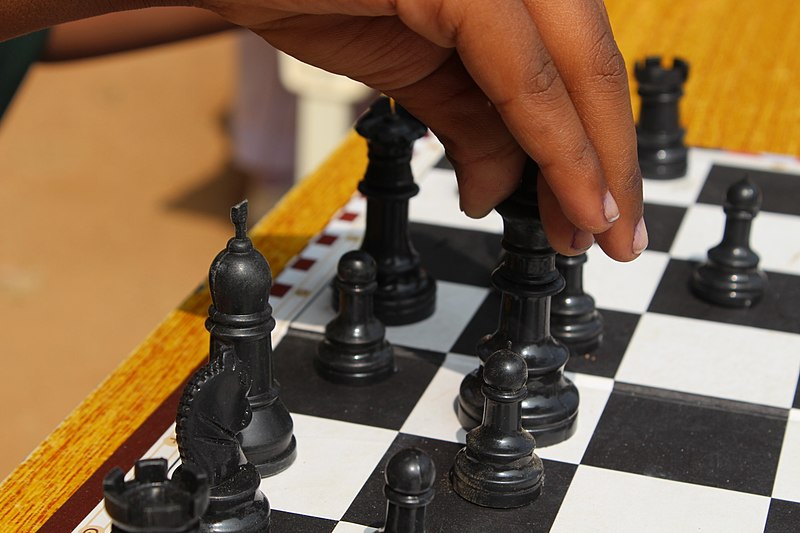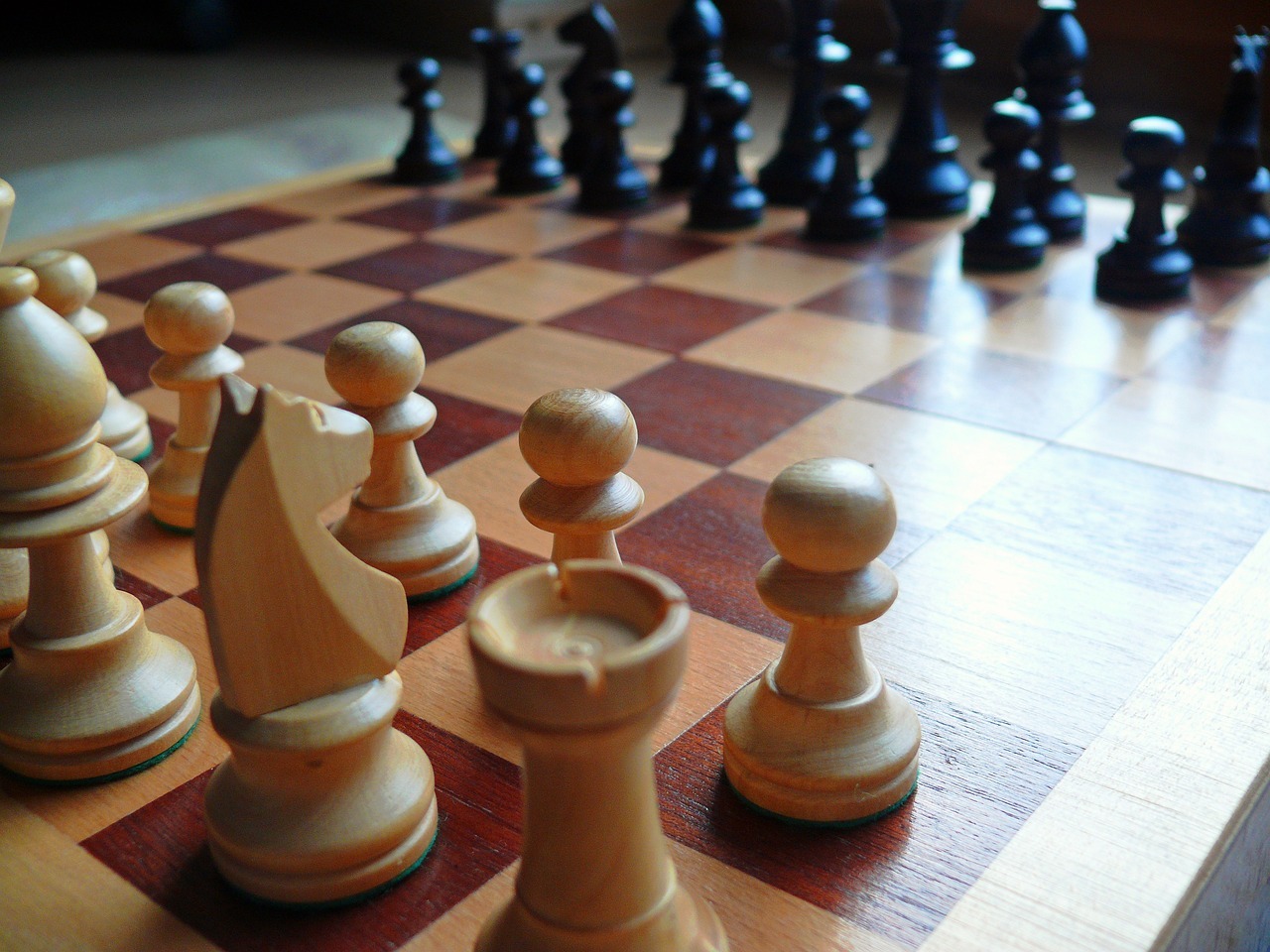Chess is arguably one of the most fun board games of all time, although it can sometimes have steep learning curves that make it hard for children to understand at first glance. However, if a child has a good chess teacher, learning how to play chess can be quite easy for them. Playing chess actually has plenty of benefits for children, and most of these benefits are crucial in their mental and social growth. Here are a few reasons why you should encourage your children to learn chess.
Makes them Smarter
Although most people would say this is cliché, playing chess can actually make children smarter. There are multiple reasons why chess can improve a child’s intelligence, and some of those reasons include their ability to think about strategies, to analyze the situation on the board, and to also solve problems that will get them out of checkmates and other losing situations. These can all benefit a child’s solving skills, analytical skills, and other skills that are related to thinking. In addition, the skills while learning how to get good at chess quickly can also be applied in real-life situations, thus making chess one of the most beneficial games for children.
Gives them a New Hobby
Hobbies are essential for children to enjoy their free time, and what better way to have fun during rest days and vacations while also learning than by making chess a hobby. Of course, there are other hobbies that they can enjoy, like playing video games or playing sports, but chess is also a great hobby because it allows them to still learn and improve their thinking skills while having fun. Since chess is played by two players, the game can also be a good way for you to connect with your child if you play it with them, thus making it a good bonding game for parents and children.
Improves their Social Skills
In professional chess, it is recommended for both players to shake hands before and after the game as a sign of being a good sport and a good competitor. As such, the game actually teaches children to deal with winning and losing with grace, as well as treating their opponents with dignity and compassion. Although chess primarily improves thinking skills, it can also enhance one’s social skills, as children can learn how to socialize with fellow chess players by congratulating them on their win or just asking them about strategies. Furthermore, most schools would have chess clubs where children can learn more about the game while also making friends with schoolmates.
Increases Creativity
In addition to improving thinking and social skills, chess also promotes creativity, as it could sometimes allow children to think of creative ways to think of strategies to win the game. Because of thinking creatively in chess, the creativeness that they get from playing the game can also be applied to other hobbies and activities. The increased creativity in children would also allow them to find other hobbies to enjoy, thus making their rest days and weekends even more fun.
Improves Concentration
Most children would often struggle with concentration, as they naturally have short attention spans and can get bored doing something in just a few minutes. By letting them learn how to play chess, they will be able to improve their concentration since the game requires players to focus on the board and the chess pieces to know what move they should do next. Chess teaches them to focus on the task at hand and not be distracted by anything in their vicinity.
Teaches Them about Planning
Planning strategies and moves is essential in chess, and that is why children must learn the said skill in order to win games with more efficiency and consistency. The planning skills that they learn in playing chess are also applied in real-life situations, as they will be able to sort out anything through planning, such as arranging clothes in the cabinet or the activities that they will do during particular times of the day. In addition, planning also teaches them foresight, which is a skill that allows them to see a player’s moves before he or she can actually execute them. Foresight can also be used in real life as a way for children to know what to expect during certain events and how to act upon them instead of acting on a whim.
In a sense, playing chess makes them more mature, as they will be able to learn about skills needed in adulthood at such a young age, such as planning, strategizing, socializing, etc. By helping them enhance the said skills while they are still young, they will be able to properly utilize those skills once they get older so that they can get through problems or dilemmas with a proper mindset and a positive outlook.

